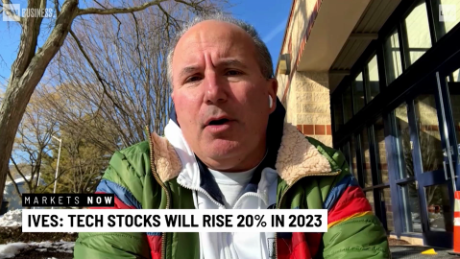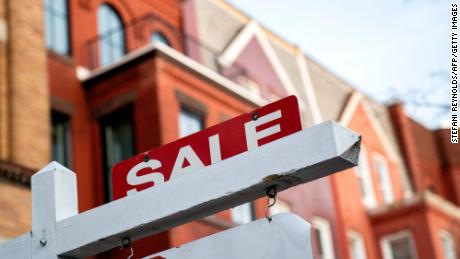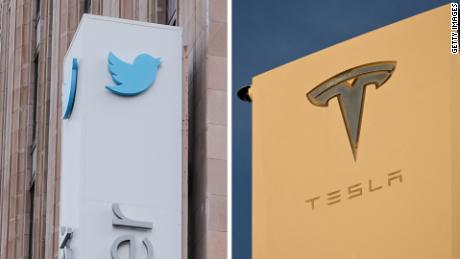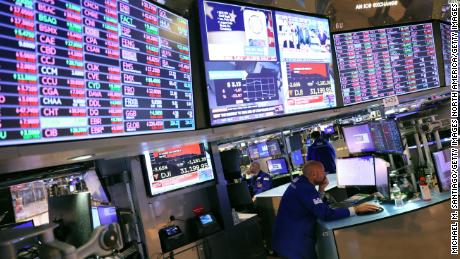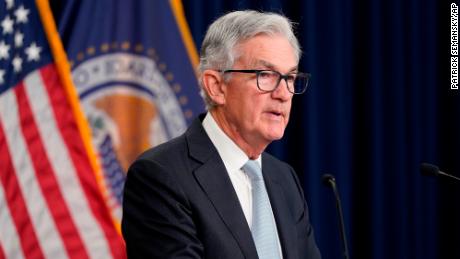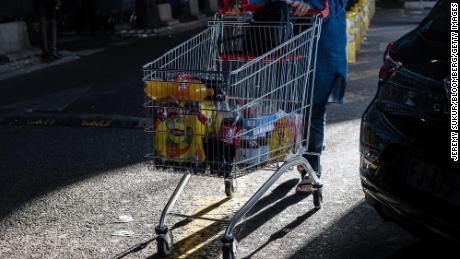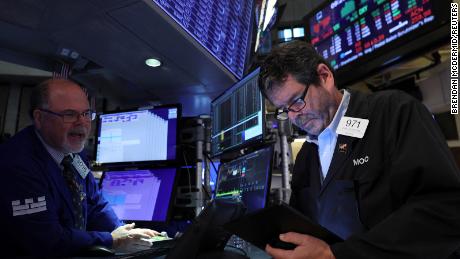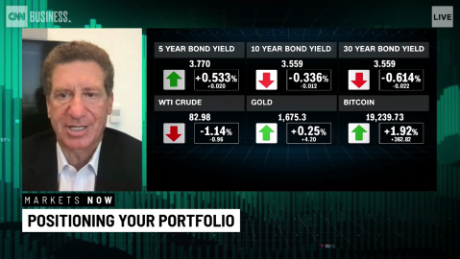New York (CNN Business)Trade war fears are rattling investors. But is the recent volatility in the global stock and bond markets really a sign that a recession might be lurking just around the corner?
Not so fast.
Some experts said that worries about an imminent recession -- perhaps sometime in 2020 -- are exaggerated. Yes, the yield curve in the United States is now inverted -- a signal from the bond market that often occurs before a recession.
Still, market strategists said that many other indicators continue to show that the US economy remains healthy.
"Take a deep breath. There is not enough evidence to suggest we are on the immediate verge of recession," said Steve Chiavarone, a portfolio manager and equity strategist at Federated Investors.
Chiavarone said his firm tracks six economic indicators to try and forecast when a recession might be nigh.
Slowing growth is not the same thing as a recession
The only one currently flashing a cautionary sign is the inverted yield curve, which is when rates for short-term bonds are higher than long-term Treasuries. In other words, nervous investors want higher yields now.
Chiavarone said other key measures, such as jobless claims, housing starts and inflation, all show an economy that remains in growth mode, even if the pace of growth is slowing. Federated also looks at the spread between corporate bonds and Treasury bonds as well as the Institute of Supply Management's monthly manufacturing reports.
Small businesses and American consumers are still relatively confident about the economy's health, too.
With that in mind, now is probably not the time for investors -- especially those buying stocks for retirement or other longer-term goals -- to panic.
"Fears of a near-term recession are overblown," said KC Mathews, chief investment officer with UMB Bank. "Yes, there are yellow flags. But the yield curve will need to remain inverted for several more weeks for that signal to go from yellow to red."
He added that stocks should continue to move higher as long as earnings keep growing. Big technology companies, which have helped propel the broader market's gains the past few years, remain good buys, he told CNN Business.
The key for any investor is to recognize that there will be short-term bouts of volatility. That's not a reason to bail out of the market, though.
"It's extremely important for investors to not lose focus on what their long-term goals are," said Kent Insley, chief investment officer of Tiedemann Advisors.
Investors should be selective, he said. The housing and energy sectors continue to look attractive, despite headlines swirling about a trade war, because the US consumer is still spending.
Insley added that some international markets remain good buys, too. Investors should consider India, sub-Sahara Africa and Latin America -- areas that should continue to post strong growth rates over the long haul.
Long-term investors should even embrace market volatility, since temporary sell-offs often create better bargains, UMB's Mathews added.
"When people are running away from stocks, you should be running towards them. If you are a young investor that methodically invests in stocks, then over time that gets you into the market at an attractive average cost," he said. "The market is one of the greatest wealth builders in history. Don't stop investing."
Bears can always find an excuse to sell
Ed Cofrancesco, president and CEO of International Assets Advisory, agreed. He cautioned investors to not mistake slowing growth for an actual downturn.
He noted that consumer spending remains relatively healthy -- and for that reason he is recommending stocks such as Walmart (WMT), Amazon (AMZN), Lululemon (LULU) and Ford (F) to clients as long-term investments.
"There is no recession on the short-term horizon," Cofrancesco said. "Things may not look as good as they did a few months ago, but the economy isn't in poor shape. The best thing to do is stay the course. The world is always coming to an end if you're Chicken Little."
Federated's Chiavarone conceded that there is more reason to be anxious lately. In addition to the trade war, there are worries about potential unrest in China due to protests in Hong Kong and more uncertainty regarding Brexit now that Boris Johnson is the UK's Prime Minister.
But he still thinks these risks make the outlook for profits in 2020 merely "cloudier."
"This is not a time to run for the hills," Chiavarone said.



